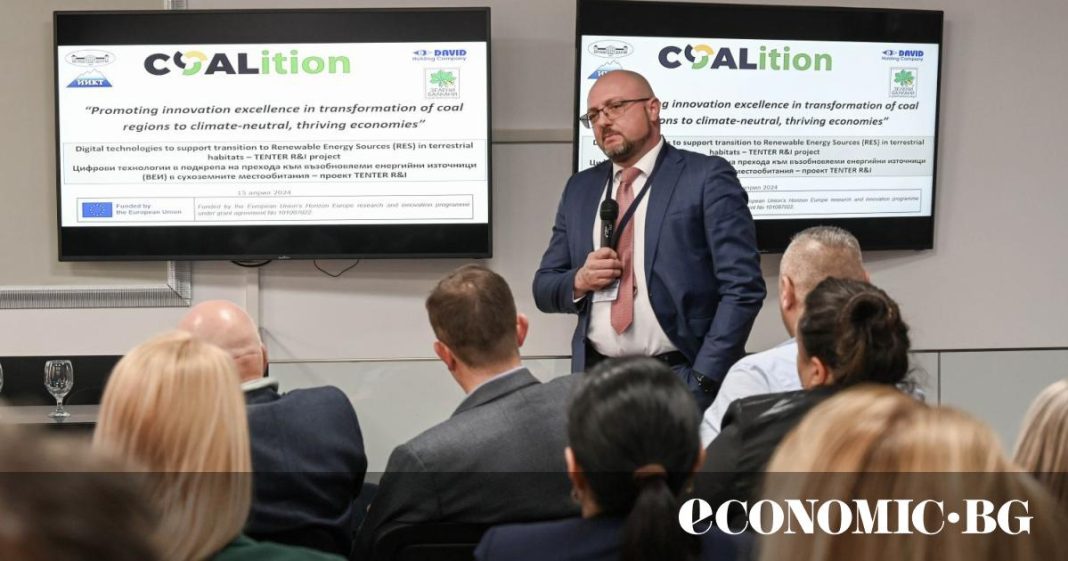Stara Zagora is the last place in Bulgaria where the country, with the help of the European Commission, wants to “push the button” and make a strategic change before it crashes into the wall. This time, however, the energy transition is not left to chance – rather, a sustainable model for a new, informed and predictable future is being sought.
In a lecture at the „Opportunities for Entrepreneurship in Stara Zagora“ seminar, Assoc. Prof. Kosyo Stoychev, PhD, Head of the Department of Regional and Political Geography at Sofia University „St. Kliment Ohridski“, shared his professional path and experiences from over 50 countries, as well as his active work on regional and energy strategies.
Stara Zagora – a strategic test for the entire transition
Tell me what energy you use, and I will tell you who you are in the economic landscape,“ said Stoychev.
According to him, energy is the queen of the economy – its structure, efficiency, and social footprint tell everything about a region. Bulgaria is trying to build a new model – based on regional balances that integrate the social, transport, production and energy systems.
He was adamant that energy doesn’t just drive the economy – it defines it.
In Pernik and Kyustendil, the button (of change) was pressed without a previous plan. Now Stara Zagora is the last region where we have a chance to do this reasonably, with data and with vision,“ he emphasized.
The region can become a model for a smart transition, where old energy systems are replaced not just with new ones, but with ones that bring higher value and enable better incomes and social sustainability.
According to Assoc. Prof. Stoychev, Bulgaria often does much more than other countries in this part of Europe, but it does not know how to tell its stories.
We need to learn to make a fuss when we lay an egg,“ he says, referring to Greece’s knack for presenting small results as big victories.
Achievement marketing is as important as the achievements themselves.
„Not how much, but how“ – the new approach to energy
With his experience as an industrial entrepreneur and creator of a photovoltaic project, Stoychev states:
It’s not how much energy you use, but when and for what.
Understanding the structure of energy consumption is the foundation of effective restructuring. Without it, investments will remain expensive, inefficient and economically unsustainable.
In his words, if we don’t know what, when, and why we consume, there is no way we can build an efficient energy system, especially in the context of global dependence on external suppliers and infrastructures.
95% of the equipment for our photovoltaic projects – from cables to inverters – comes from China. So today we are not just investing in our future, but in foreign economies,“ he warns.
This also calls into question the sovereignty of the energy transition, especially when the country does not have its own „boxes“ – its own logistics tools, containers, ships, and storage systems.
Co-funded by the European Union. Views and opinions expressed are however those of the author(s) only and do not necessarily reflect those of the European Union or the Managing Authority. Neither the European Union nor the Managing Authority can be held responsible for them.
Translated by Tzvetozar Vincent Iolov
Източник: Economic.bg


